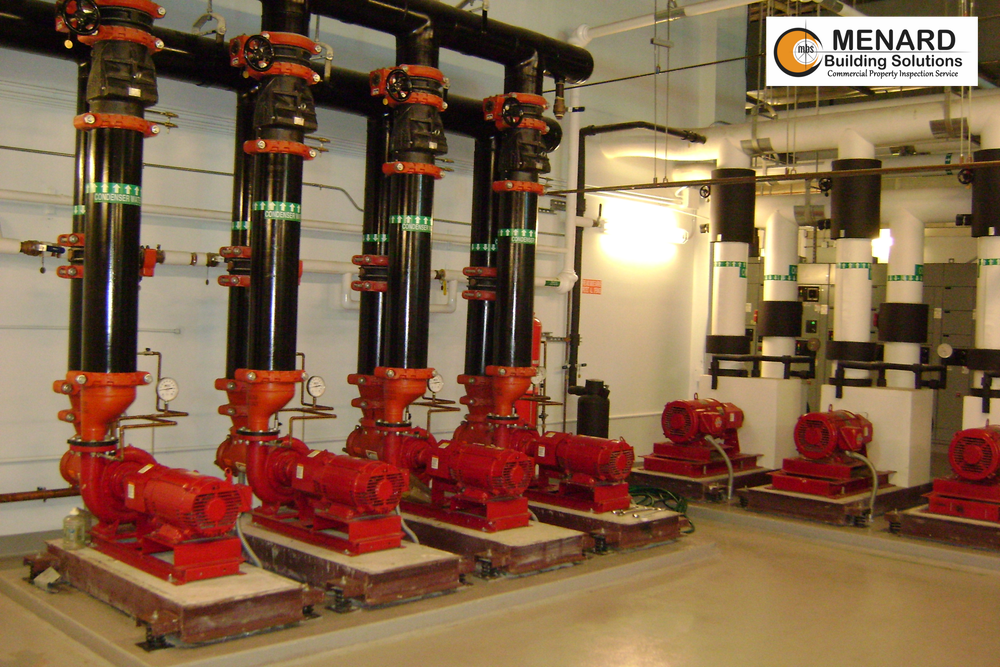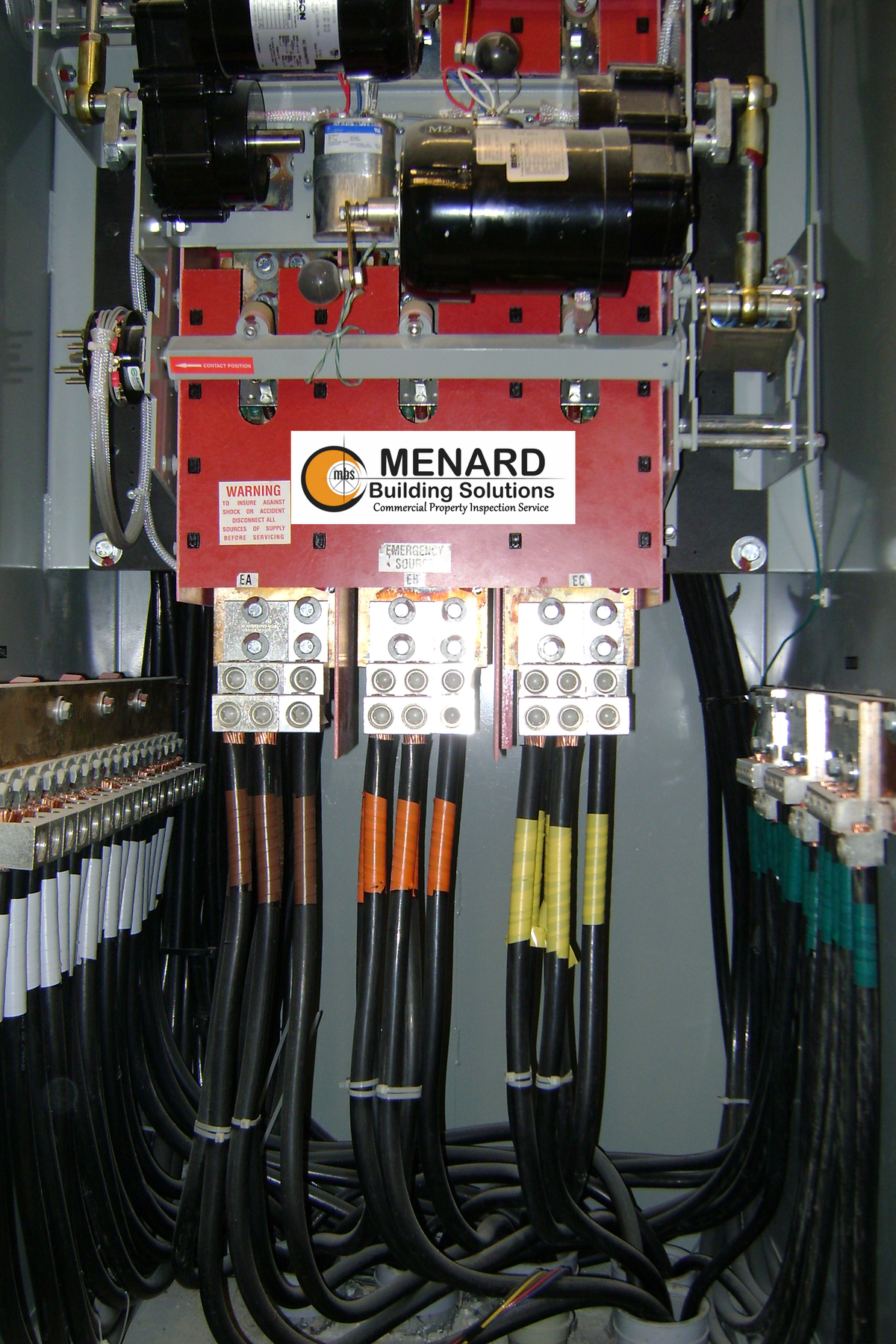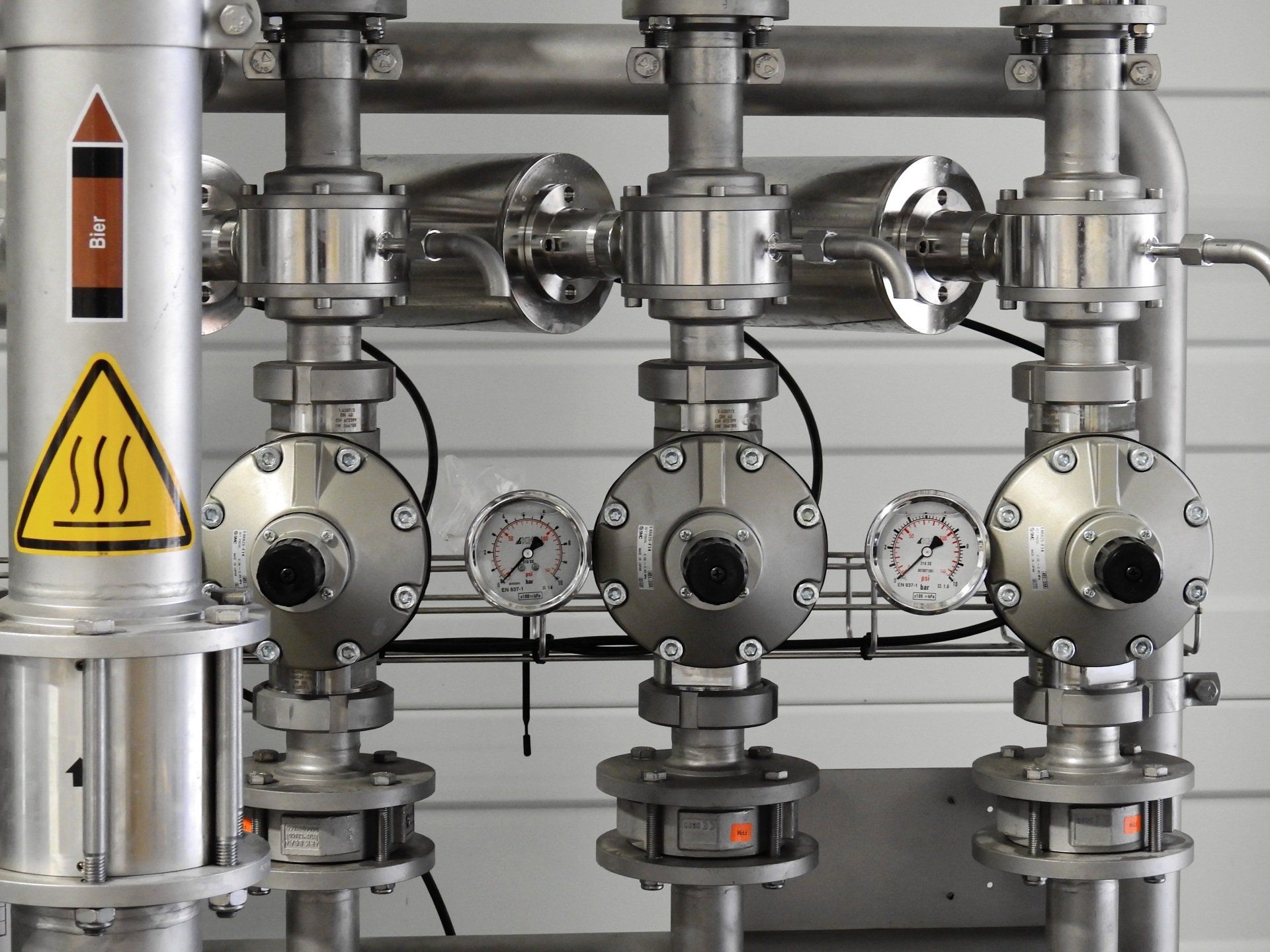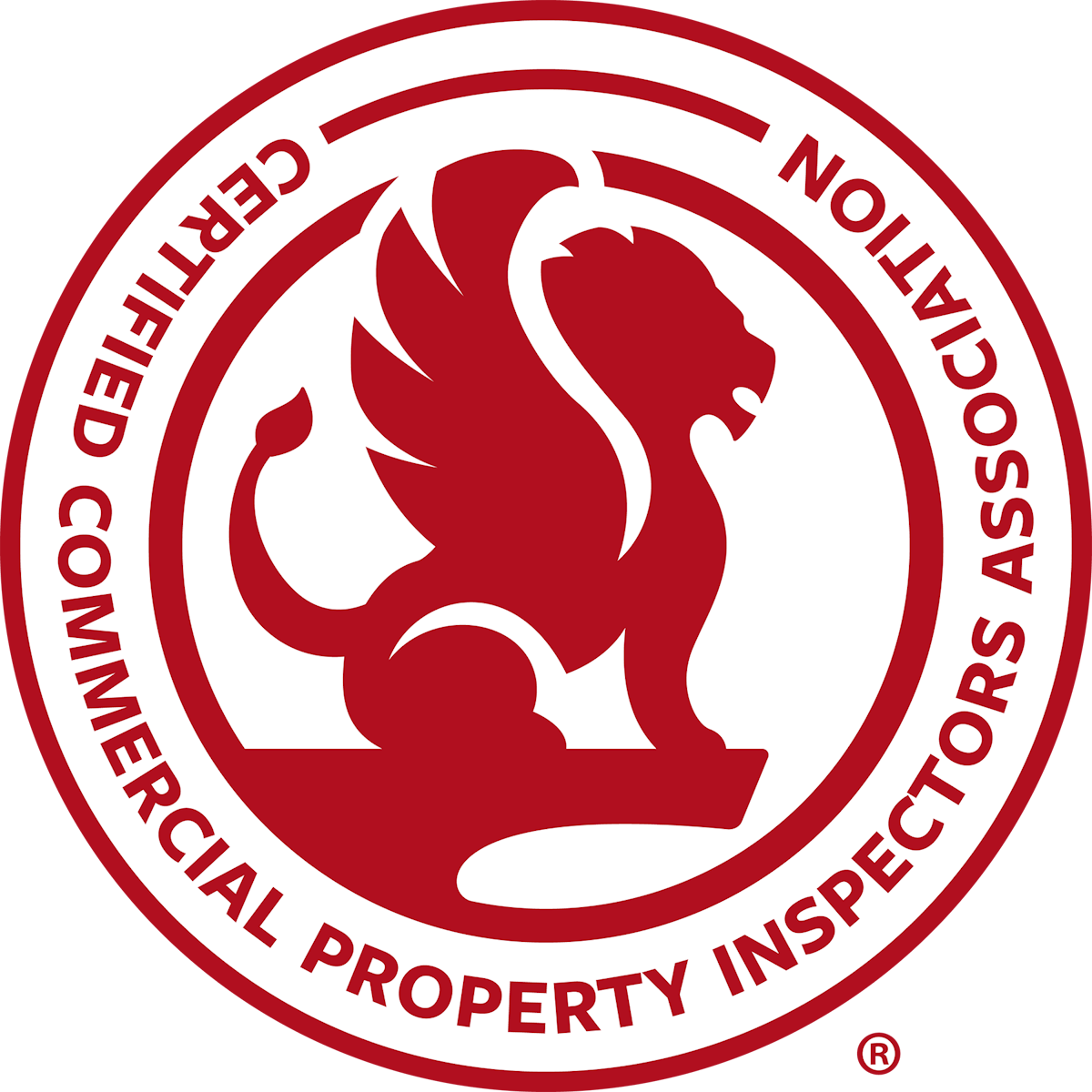MECHANICAL ELECTRICAL PLUMBING

MECHANICAL
A commercial mechanical inspection is the onsite presence of an inspector who physically tests equipment that is not directly hooked up to a building automation system (BAS). The inspector will test equipment mechanically, electrically or manually to verify its operation.
Once onsite an experienced inspector will easily identify any discrepancies as they will sometimes be obvious where other discrepancies might be more difficult to spot. When an experienced inspector starts walking around and noticing the age of the building or what shape the building is currently in will let an inspector get an idea for what he should find.
Just like the electrical and the plumbing are the other major systems that actually breath life into a commercial building. Without the Mechanical, Electrical and Plumbing (MEP) the building would be a vacant space that is deteriorating. A thriving commercial building needs humans and humans would like all the systems working properly.
The scope of this inspection includes observations of the readily accessible mechanical equipment and appliances without having to disassemble any equipment. This includes, but is not limited to, pumping systems, elevators, irrigation, PTAC units or lift stations etc.
An estimated cost of repair is provided for planning purposes only if agreed upon and this agreement may vary significantly, depending on the extent of the problem and the method by which repairs are made.
Mechanical commercial inspections are normally used for:
- Investor/Developer – To provide an unbiased opinion of the current condition of the overall mechanical systems.
- Pre-Purchase Contract Clause -Under certain circumstances, an investor, bank or architect may choose to have only the mechanical systems of the building evaluated based on the condition or intended use for the property or to evaluate a lending opportunity for repairs.
- Lease Property Condition -Both renters and property owners choose to have property evaluated by an unbiased party to assist in issues regarding responsibilities and conditions of leased property.

ELECTRICAL
Electrical inspections generally consist of the visible electrical or conduit that is observed along the walls or ceilings. Commercial electrical is really not any different except in a home there should be no visible wires unless it takes place at your main house panel.
An inspector will test lights, switches, receptacles, GFCI receptacles, polarity of the circuit and may operate circuit breakers if done safely. An inspector can usually tell if the electrical surrounding him is neat or messy and the condition of the electrical equipment.
The purpose of hiring an experienced inspector is to rest assured what’s in the report is from hands on and experienced in the commercial industry. Any deficiencies will be noted and if any problems persist at least you will be educated on potential hazards this could bare and maybe the cost to repair if any.
The readily accessible outlets are checked with a plug-in circuit analyzer to determine if they are properly wired. Unless first agreed upon, only those items accessible without moving items or furniture will be observed.
Electrical inspections are normally used for:
- Investor/Developer – To provide an unbiased opinion of the current condition of the overall electrical systems.
- Pre-Purchase Contract Clause -Under some circumstances, a buyer may choose to have only the electrical and mechanical systems of the building evaluated based on the condition or intended use for the commercial property.
- Lease Property Condition -Both renters and property owners choose to have property evaluated by an unbiased party to assist in issues regarding responsibilities and conditions of leased property.

PLUMBING
A commercial plumbing inspection is an unbiased comprehensive research to determine the condition of a commercial property. Methods used to assess the current condition and compliance of plumbing systems in commercial buildings such as offices, retail spaces, manufacturing and healthcare facilities to name a few.
The inspector will conduct a series of tasks and utilize standard practices to determine safe operating procedures. It is the intent to minimize the plumbing risks currently observed. The buyer wants to know if the plumbing is efficient with energy saving materials and exposed piping is in good physical condition as well as a visual observation of the valves to validate they are in working condition and have been properly tagged or marked.
An onsite checklist or documentation is crucial when it comes to plumbing that has been in place for a while. If the environment is rough looking, then chances are the plumbing may be in rough shape also. Regular inspections help identify potential issues and prevent costly repairs or disruptions.
Commercial property inspectors can provide accurate diagnoses, recommend necessary repairs or upgrades, and ensure compliance with plumbing codes and regulations. Investors and lessees want to know what there risks are before the purchase.

